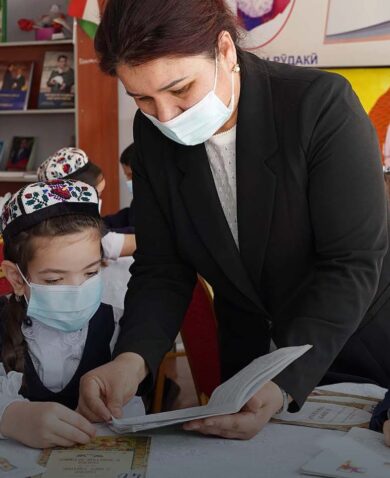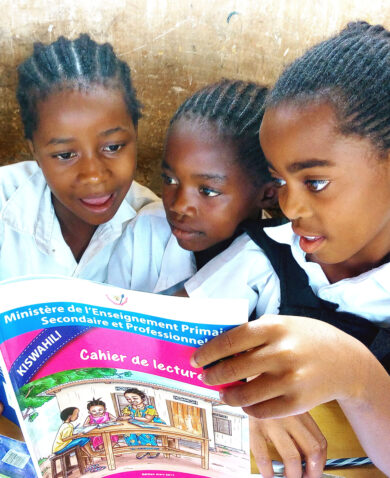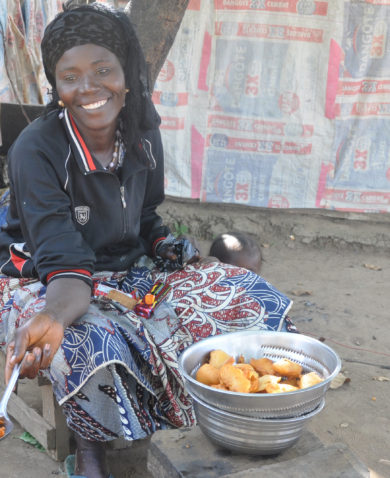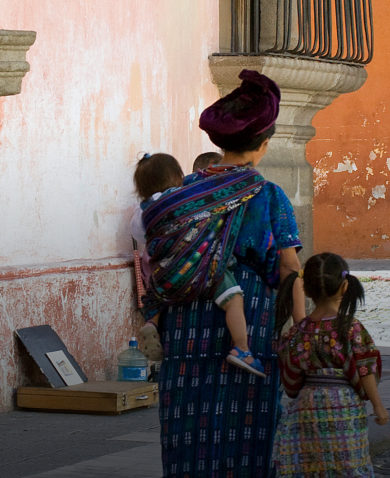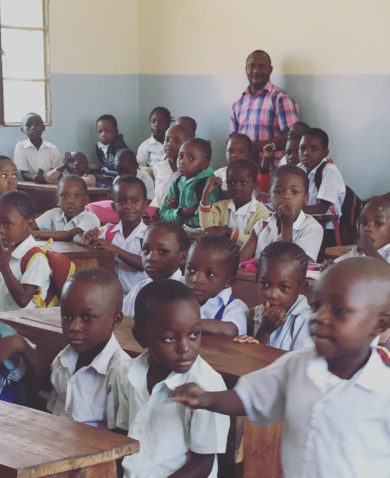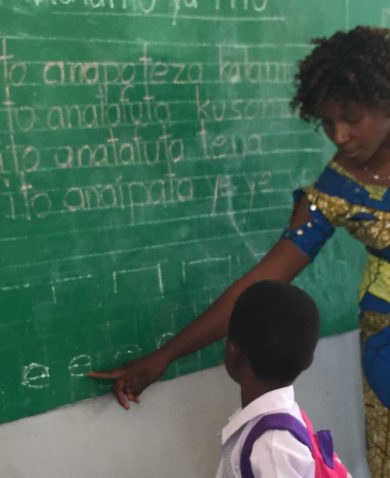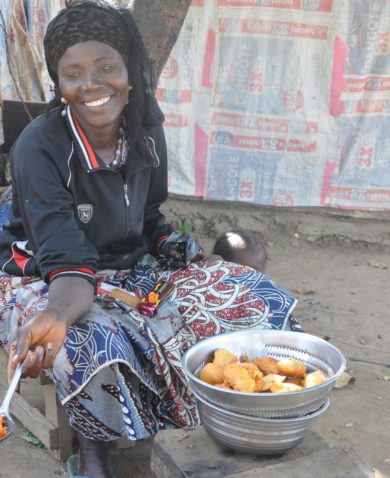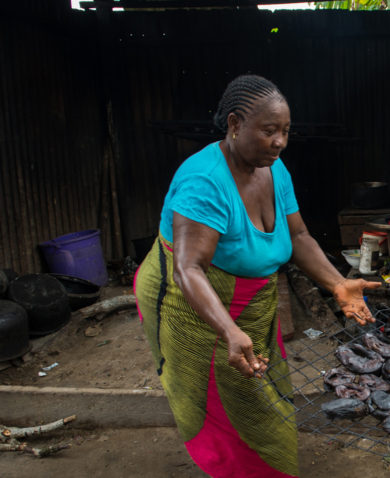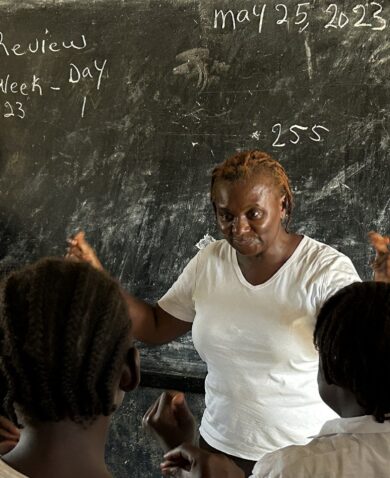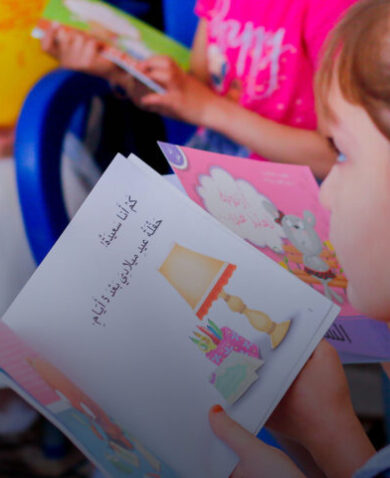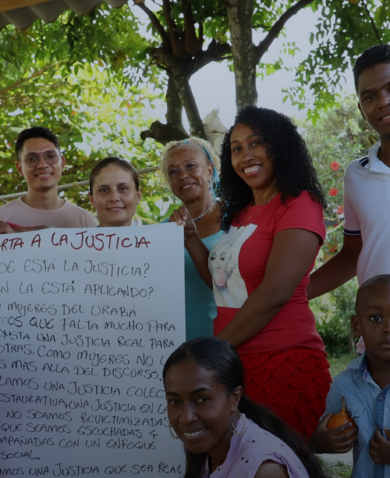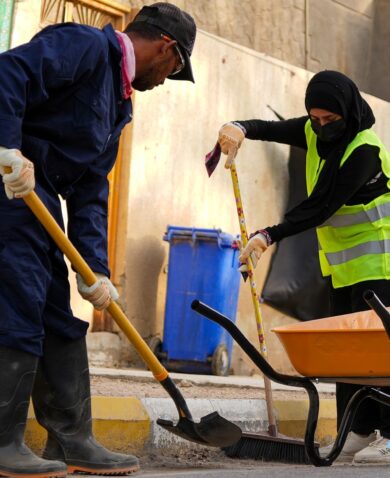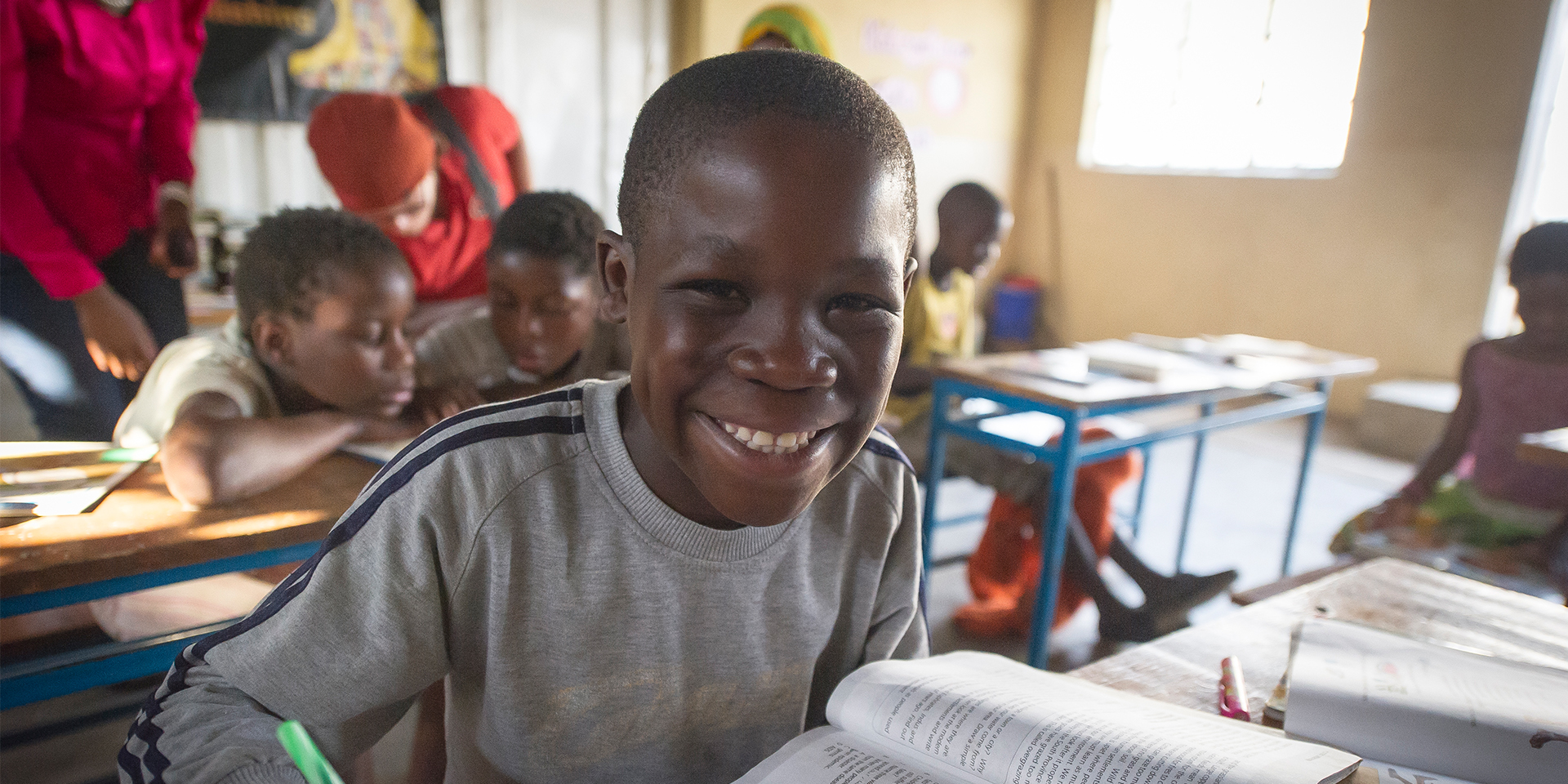
3 Imperatives for Gender Programming in Education
March 7, 2017 | 3 Minute ReadPoulami Banerji shares three recommendations for effectively addressing gender inequality in education programming.
Successful and sustainable gender-sensitive policies in education that promote equity require commitment from all stakeholders of the education ecosystem within a country context. Without incorporating commitment, understanding, and partnership into the development of gender-sensitive policies, there is no guarantee that program initiatives will be sustained after the project lifecycle. Often, even though gender policies might exist at the national level, local school personnel, parents, caregivers, and community members aren’t aware of them and do not know how they can support these policies. A well-founded understanding of existing policy; partnership with local community organizations, leaders, and government counterparts; and stakeholder ownership and sustainability of effective and relevant solutions ultimately make gender-sensitive policy implementation successful and sustainable.
1. Analyze challenges in existing policy during program development
Throughout Chemonics’ education projects, an overall analysis of country context and existing policy has proven to be integral in creating responsive gender programming. Strengthening Educational Performance – Up (STEP-Up), a USAID-funded education project in Zambia, first assessed national education policies that were already in place, such as the National Implementation Framework from the Ministry of General Education, that supported equal student participation, equal access to schooling, gender-sensitive curricula, and penalties for the sexual harassment of school-aged girls. In many cases, they found that local school personnel, parents, caregivers, and community members were not aware of existing policy and did not know how they could implement the policies. Similarly, in the Democratic Republic of the Congo (DRC) where Chemonics is implementing the ACCELERE! project, a recently completed annual update to the gender analysis and implementation strategy stated that the first step in implementing gender-responsive projects is understanding “local beliefs, cultural norms, and the context into which programs are designed.” ACCELERE! designed a gender-responsive project implementation strategy grounded in the local context and existing policy to ensure that the work and programming would be sustainable.
2. Engage local partners and researchers to ensure programmatic sustainability
To ensure effective implementation, projects should engage local partners, school personnel, and already-existing research programs to find responsive policy solutions. Understanding cultural norms, expectations, and other limitations that prevent gender equity in schools is essential in formulating an effective strategy for gender-sensitive integration. In both Zambia and the DRC, the programs consulted and involved local partners to provide relevant context and guidance to inform the gender analysis. STEP-Up recruited researchers from the Charles Lwanga College of Education (CLCE) to develop a research methodology to conduct questionnaires in 67 primary schools across 14 districts throughout four provinces. The researchers spoke with 52 administrators, 84 teachers, 99 parents, and 78 students to better understand the challenges faced by girls and boys that hindered attendance and performance in school. The research conducted by CLCE revealed that teachers held predetermined perceptions of student performance which varied by gender and subject, and specifically recognized challenges faced by high-performing girls (such as time constraints on studying due to expectations around domestic chores). Partnerships with local school personnel and organizations working in the communities, in addition to conversations with key stakeholders affected by the policies, help policy implementation and recommendations gain stronger commitments from local community partners and make it more likely that they will continue after the project lifecycle.
3. Recommend policies with commitment and context to leave a strong program legacy
When a project closes out, its legacy depends largely on commitment to the partnerships that were created during the project lifecycle. Particularly for continued improvement and implementation of gender-sensitive programming in education, local partners and government counterparts are essential to furthering the effectiveness of such policies. Although research and data can identify where there are challenges in addressing gender inequality, a multifaceted commitment from all levels of the education administration and throughout a community is required to make the implementation long-lasting. Research on both STEP-Up and ACCELERE! identified policy gaps in addressing challenges in gender equality in education and gender parity among students. The programs both recognized that policy recommendations would need to be communicated to all levels of the education community. For example, the ACCELERE! project developed an implementation strategy with defined government stakeholders for each recommendation in order to address needs at both the micro (individual, school, and community) and macro level (such as national policy recommendations relating to safe schools).
Projects integrate gender sensitivity into programming in various ways, but without context, key stakeholder participation, or knowledge of existing policies, programming is likely to be less effective and sustainable.








